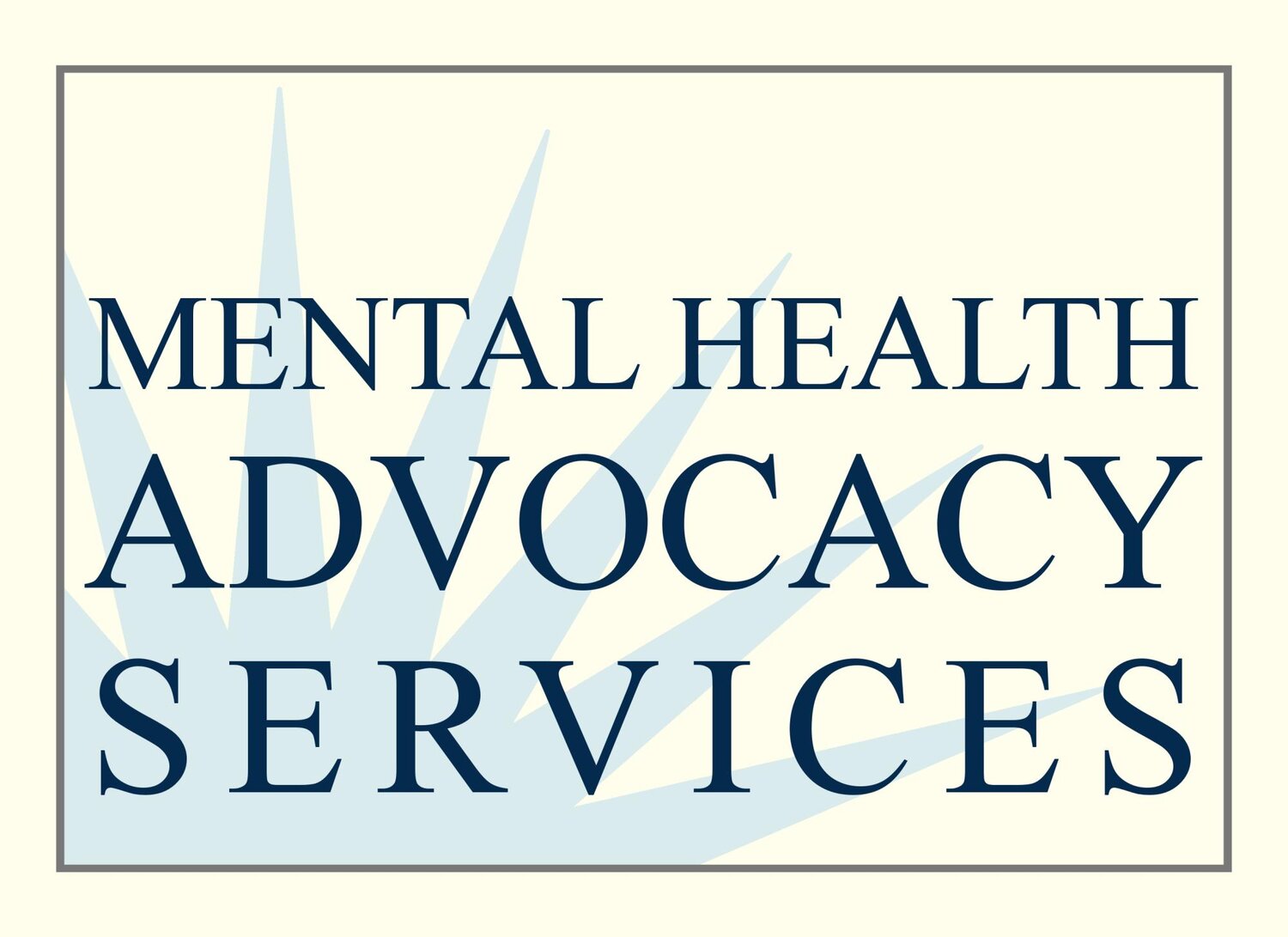Grandparent Caregivers and Planning for the Future
by Eliza SchaflerEliza Schafler is an MHAS Equal Justice Works Fellow sponsored by Greenberg Traurig, LLP.
Lately, in our Behavioral Health-Legal Partnership (BeHeLP), I have seen a number of cases involving grandparent caregivers. These caregivers come to me not with emergencies, but with long-term questions about how to plan for their grandchildren’s futures.For instance, I met with one grandfather who became the caregiver for his grandson after his grandson was abused. This grandfather was living with diabetes, and he wanted to plan for his grandson’s future should something happen to him. In addition, I met with a grandmother who was caring for a granddaughter with a serious mental illness. This grandmother wanted to ensure that, after she is gone, a competent relative will be there to meet her granddaughter’s needs and keep her out of the foster care system.Many people believe that a will is the most useful tool to designate a guardian for a child. Unfortunately, courts may override the choice of guardian in a will and recommend foster care, and they are more likely to do so in low-income families. A more effective tool for grandparents to designate a caregiver is called “joint guardianship.” This allows a grandparent and another person to become guardians together; if one guardian dies, the other remains the child’s guardian.Many non-profit agencies promote joint guardianship as an option for biological parents with a terminal illness; this wonderful program is called “peace of mind” guardianship. Yet many do not know that joint guardianship is an option for grandparents and other non-parent guardians as well.At BeHeLP, we work not just to intervene in emergencies, but also to ensure that children with mental illness do not face obstacles in the future that could stall their recovery. Helping grandparent caregivers plan for the future ensures that, down the road, vulnerable children are less likely to be placed in foster care.
